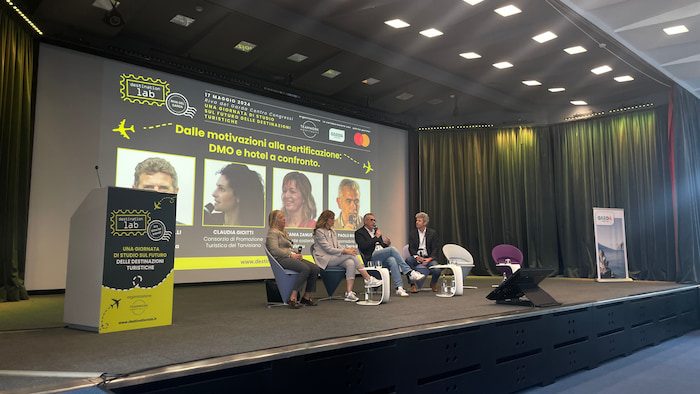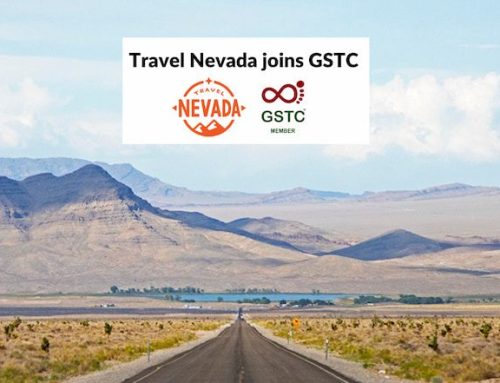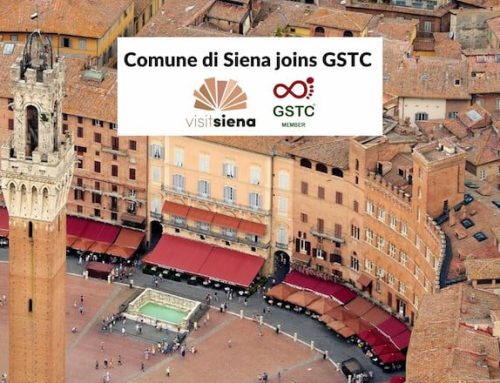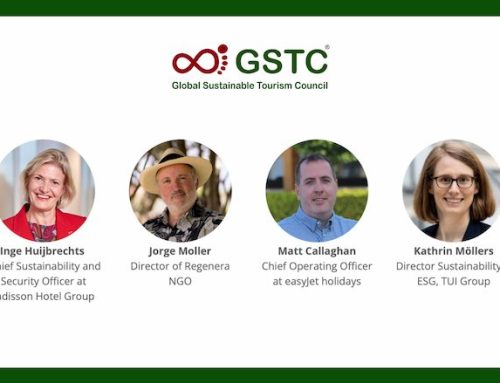The Destination Lab event, which took place in Riva del Garda, Italy, on May 17th, 2024, was a comprehensive day-long study focused on exploring the future of tourism destinations. It aimed to understand the essential components of creating and promoting tourism experiences within a specific territory and envision potential scenarios for the destinations of tomorrow.
The event was designed for a diverse audience, including Destination Management Organizations (DMOs), territorial management and promotion consortiums, public administrators, hoteliers, hospitality entrepreneurs, and business leaders involved in the strategic and operational planning of tourism areas.
Stefano Ravelli, CEO of APT Valsugana and Chair of the GSTC Italy Working Group, participated in a panel titled « From motivation to certification: DMOs and hotels compared,” along with colleagues Daniela Vecchiato, Director of the APT Alpe Cimbra, Stefania Zanuso, Director of Virtou, and Paolo Bonari, Head of the Terre di Siena Tourist Area.

“We believe that the Italy Working Group can lay the foundations for the establishment of a wider network at the national level, with the aim of involving as many operators as possible in this path of responsibility and bringing the Italian experience at the service of the international community. Conferences like the Destination Lab really help us in increasing the awareness of the GSTC standard,” said Stefano Ravelli, Director of the Valsugana Tourism Board and Chair of the Italy Working Group, who emphasized the importance of sustainability in tourism aligning with the GSTC Criteria.
The topics covered at Destination Lab were diverse. They included discussions on the power of experiences in tourism, showcasing successful cases where specific events or activities added value to a destination. It also touched on other topics like new mobility and hospitality models, presenting innovative services and green energy solutions that enhance tourist reception and accommodation. Additionally, the event tackled the great challenges of the future, such as overtourism, sustainability, accessibility, and the circular economy in tourism. These discussions aimed to address the risks and opportunities in the sector, drawing on the insights and expertise of industry leaders.




